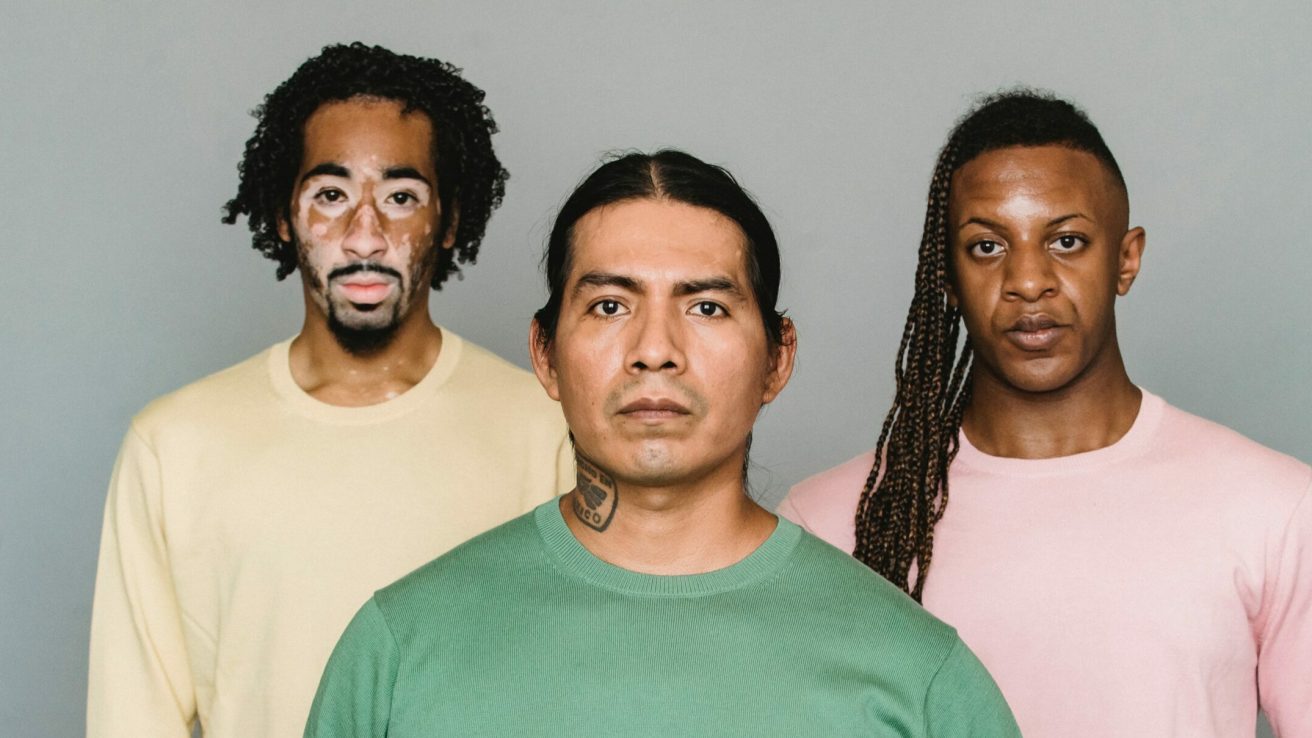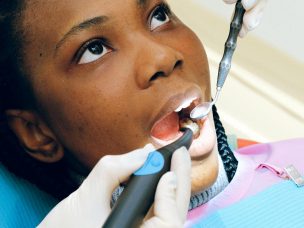Vitiligo research has historically lacked diversity, but studies using a more representative sample are attempting to minimize the gap in understanding.
- Vitiligo patients of historically marginalized groups carry a greater burden of disease.
- Research has been conducted on homogenous populations of mostly White individuals.
- New analysis of a diverse cohort characterized different patterns of diagnosis in underrepresented groups.
Vitiligo, an autoimmune skin disease, can affect people regardless of age, race, and gender, but some marginalized groups experience a higher burden of illness. In vitiligo, access to treatment and early diagnosis is vital, but barriers to healthcare disproportionally affect groups that have been historically underrepresented in biomedical research.
Addressing the Lack of Diversity in Healthcare Research
The All of Us Research Program addresses the lack of diversity in healthcare research by prioritizing inclusion of diverse participants to understand health history, disease progression, and prognosis more comprehensively. Electronic health records and sociodemographic data were acquired from the All of Us database to determine population vulnerabilities and characteristics of vitiligo.
Vitiligo Diagnosed at Lower Rates in Underserved Communities
In line with previous research, Black, Hispanic, and other non-White participants were more likely than White participants to have clinician-diagnosed vitiligo. BIPOC groups have an increased burden of illness because of the physical presentation of vitiligo. Being more obvious in darker skin, it is more easily detected and people are more likely to seek treatment to lessen the psychosocial distress they experience.
The rate of vitiligo diagnosis in the All of Us cohort was only 0.33%, which was considerably less than the national rate of 0.76% reported earlier in 2022. This likely reflects reduced access to healthcare in a sample more evenly representing underserved communities. Across all groups, people without health insurance were less likely to be diagnosed.
Representation in Medical Research Will Improve Treatments
The All of Us cohort is a valuable resource for gaining important knowledge on populations who have been historically excluded from medical research. Continuing to acquire data from diverse participants will allow researchers to better understand at-risk populations and increase generalizability of clinical studies, ultimately resulting in better treatments.
Source: Ahmed F, Moseley I, Ragi SD, Ouellette S, Rao B. Vitiligo in underrepresented communities: An all of US database analysis. Journal of the American Academy of Dermatology. 2022. doi:10.1016/j.jaad.2022.11.027










